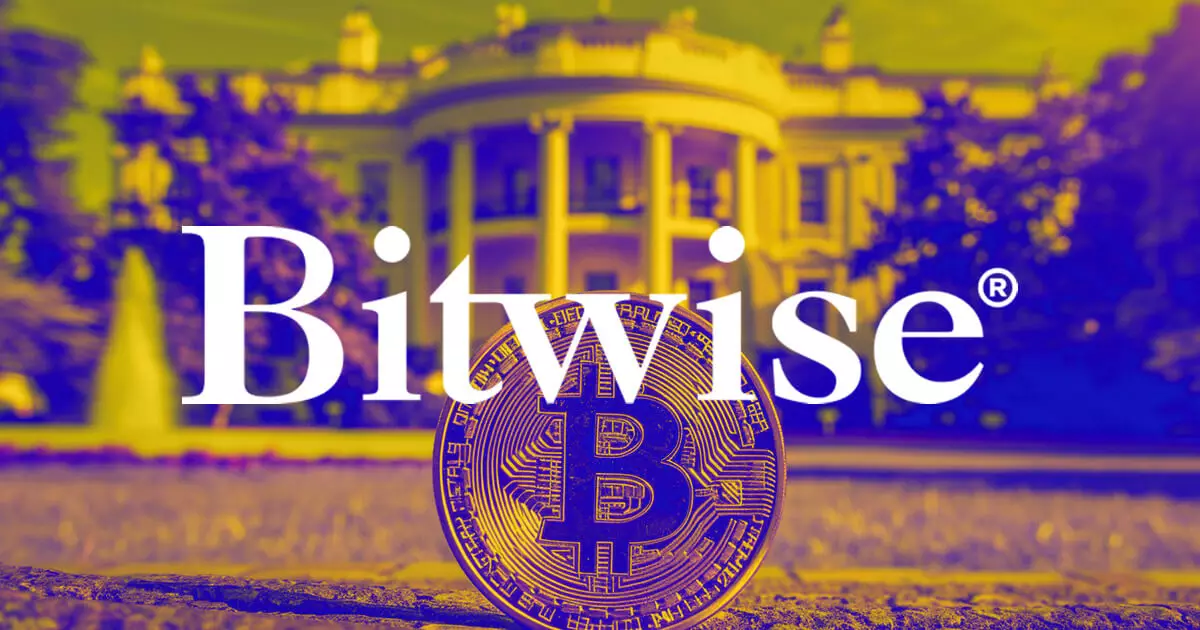The market seems to be underestimating the evolving attitude of Washington towards cryptocurrencies, according to Bitwise CIO Matt Hougan. In a memo dated June 4, he pointed out that the political landscape in the US has been shifting towards a more positive stance on crypto in recent weeks. If the impact of this change had been properly priced in, Hougan believes the market would already be at a new all-time high. These shifting tides in Washington could potentially unlock substantial “alpha,” a term used to describe the ability of an investment strategy to outperform the market.
Historical Partisan Divide and Recent Legislative Actions
Historically, crypto has been a partisan issue with Republicans generally supporting it and Democrats showing resistance. Senator Elizabeth Warren’s announcement of plans to “build an anti-crypto army” last March highlighted the Democratic opposition. However, crypto advocates have been strategically building political influence, resulting in significant legislative actions. On May 8, 21 House Democrats voted alongside Republicans to repeal SAB 121, a controversial SEC rule restricting large banks from holding crypto. The Senate also supported the repeal, with 10 Democrats including Senate Majority Leader Chuck Schumer. This was the first positive legislative action on crypto in US history. On May 20, the House passed FIT21, assigning primary oversight to the crypto-friendly Commodity Futures Trading Commission (CFTC). Despite these advancements, President Joe Biden vetoed the repeal of SAB 121, showcasing the complex regulatory environment. Hougan sees these developments as a turning point, indicating that while crypto still has a long way to go politically, the winds have started to change.
Implications for the Market and Wall Street
Bitwise’s survey revealed that 64% of US financial advisors consider regulatory uncertainty as the main barrier to greater crypto exposure in their portfolios. Once this barrier is removed, Hougan believes a significant portion of the estimated $20 trillion managed by these advisors could flow into crypto, potentially impacting Wall Street as well. Major financial institutions have been hesitant to fully embrace crypto due to regulatory concerns. Should Wall Street accept crypto as a mainstream asset, the market could experience significant growth. Despite these potential impacts, the broader market has largely remained indifferent to these changes, presenting an opportunity for savvy investors to capitalize on this new era for crypto.
The evolving political landscape regarding cryptocurrencies in Washington has the potential to reshape the market and impact Wall Street. While there are still challenges ahead, the recent legislative actions and shifting attitudes towards crypto indicate a turning point. It is essential for investors to recognize the implications of these political shifts and position themselves accordingly in this new era for cryptocurrency.

